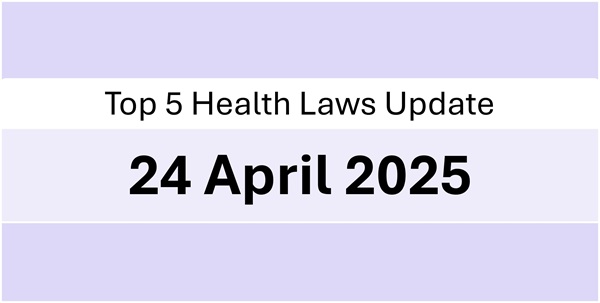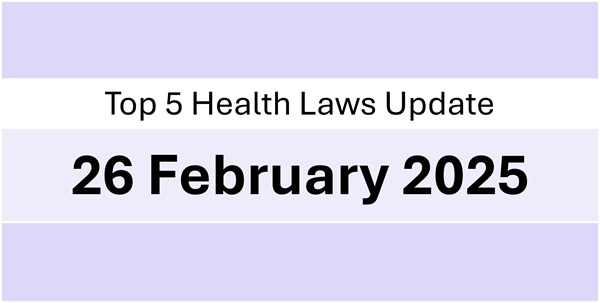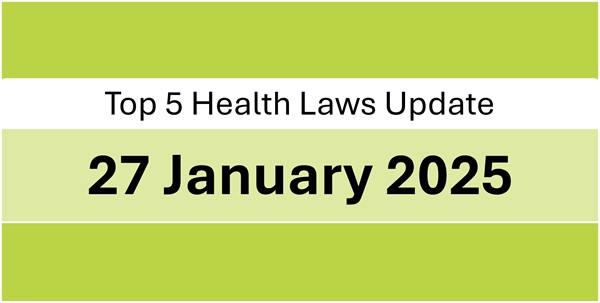Dear Readers, we are happy to share the most interesting legal and policy updates concerning health industry that we read today. we hope you enjoy reading it.
1. India’s Delhi High Court to hear a Public Interest Litigation filed against major e-commerce platforms, accusing them of failing to make their apps accessible to people with disabilities, which constitutes a violation of fundamental rights. The plea also urged that return and refund processes be made more accessible for visually impaired users.
Source: bit.ly/4jK5X0b
2. India’s Kerala High Court has ruled that clubs and associations cannot be taxed for services or welfare schemes provided to their own members, calling it unconstitutional. These transactions involve only one entity, violating tax principle that a person cannot be taxed for “self-supply” of services.
Source: bit.ly/4isU4e4
3. The Indian Government reportedly plans to introduce Quality Control Orders for cosmetics to ensure product quality and curb imports of substandard items. However, industry leaders have raised concerns about overlapping regulations, as existing Cosmetic Rules, 2020 already align with the guidelines of Bureau of Indian Standards.
Source: bit.ly/4jm0PiZ
4. India has reportedly blocked imports of US dairy products like butter and cheese due to concerns over US cattle feeding practices involving animal-based proteins. India demands changes to these practices or adherence to its vegetarian certification norms. The issue could affect ongoing trade negotiations.
Source: bit.ly/3EoJveh
5. The Competition Commission of India (CCI) has reportedly ruled that leading food delivery platform’s platform fees, food prices, and delivery charges are not unfair or discriminatory. This decision came after a complaint was filed accusing the company of abusing its dominant position in the food delivery market.
Source: bit.ly/3S1JkZo



